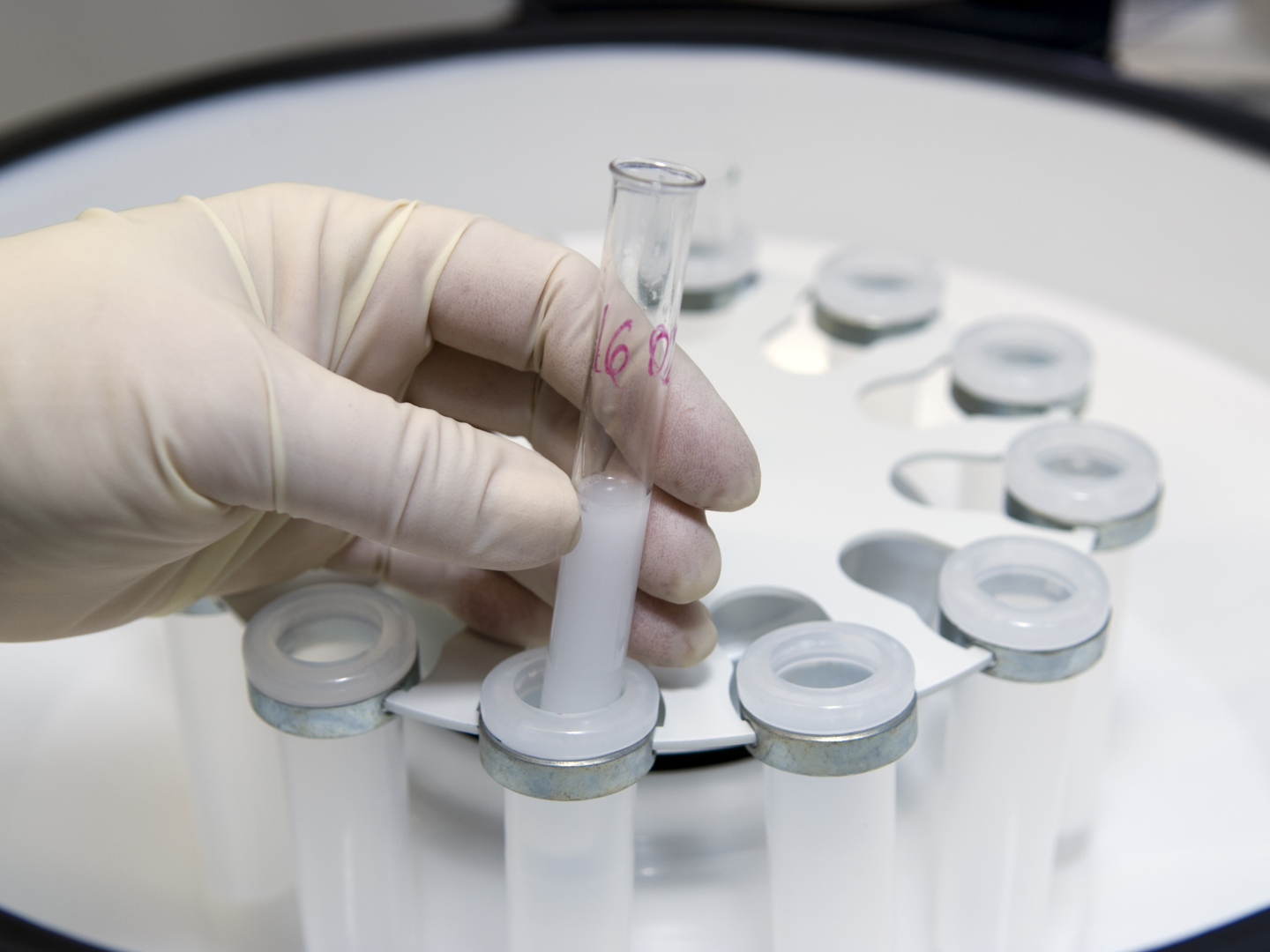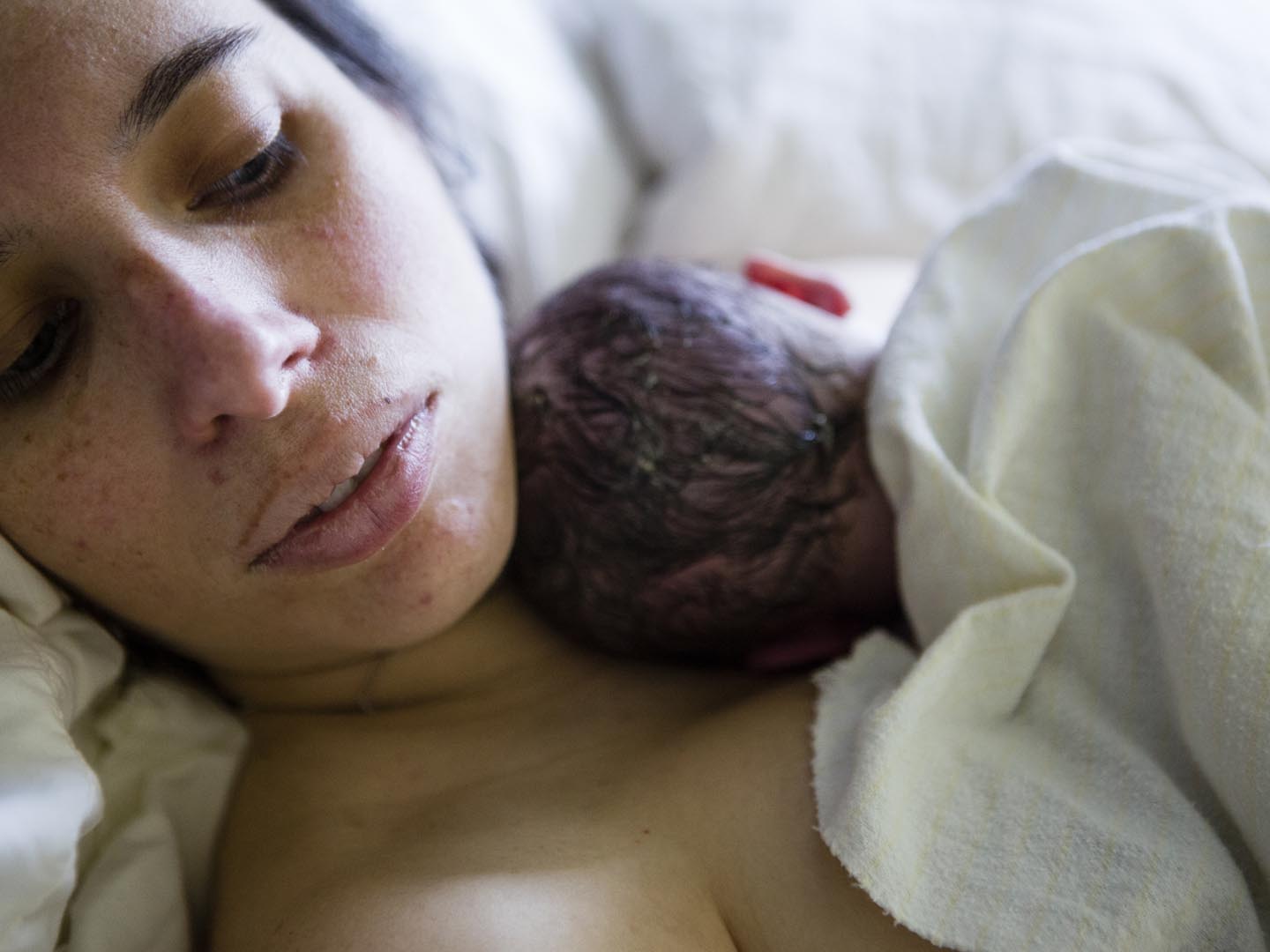Breastfeeding Benefits?
I was surprised to hear that breastfeeding doesn’t make kids less hyperactive or smarter. What do you think of these findings?
Andrew Weil, M.D. | July 4, 2017

Breast milk is the absolute best food you can give your baby during the first year of life. It provides all an infant’s nutritional needs and transfers from mother to baby antibodies that protect against a long list of infectious diseases. It also reduces the risk of sudden infant death syndrome, as well as the mother’s risk of breast cancer and cardiovascular disease later in life. Over time, breastfed babies are less at risk of developing such chronic conditions as diabetes, high cholesterol, asthma, and allergies. And breastfed babies are less likely to become overweight children than their bottle-fed counterparts. Overall, the longer babies are breast fed, the greater the health benefits.
But it isn’t clear whether or not breastfed babies become less hyperactive as they grow up or if they turn out to be smarter than other infants, as many people believe. The latest word we have on this comes from an Irish study published in March (2017). Researchers from University College Dublin looked at data from some 8,000 Irish families. Although most of the children involved had been breast-fed for a while, fewer than five percent had been exclusively breast-fed for the first six months of life, as is widely recommended.
The Irish findings showed that between the ages of three and five breast-fed children scored better on vocabulary and problem solving tests than their non-breastfed peers. But the researchers determined that the mother’s educational level and the family’s social class better correlated with these differences.
In an editorial that accompanied publication of the Irish results, Lydia Furman, a pediatrician at Case Western Reserve University’s School of Medicine, wrote that 4 earlier studies had found a slight (1.76 point) advantage in IQ tests for breast-fed children as opposed to those who hadn’t been breast-fed.
As for hyperactivity, the study revealed fewer problems among breast-fed three-year-olds but saw no significant differences when the children reached age five. Here, the researchers suggested that the school environment might play a larger role in hyperactivity than the home environment. In general, the parents of breast-fed children rated their kids as having fewer behavioral problems than parents of children who weren’t breast-fed.
This is a tricky area of study since researchers can’t randomly assign some mothers to breastfeed their babies and others not to. And it is hard to separate out such influences as the mother’s education level or IQ.
Whether or not breastfeeding makes kids smarter or impacts hyperactivity is unclear. We do know for sure that it has many other long-term benefits.
Andrew Weil, M.D.
Source:
Lisa-Christine Girard et al, “Breastfeeding, Cognitive and Noncognitive Development in Early Childhood: A Population Study.” Pediatrics, March 2017











